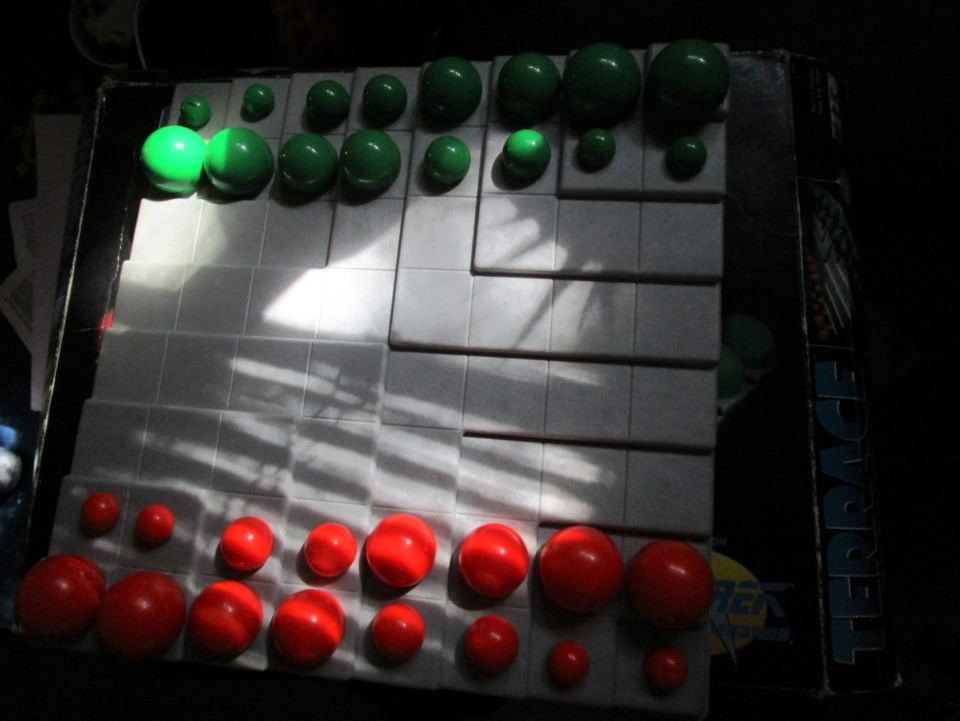YORKTON - The current millennium has been largely a very positive time for board games.
There have been hundreds of games created and published in part because there are a lot of people wanting an option to sitting in front of a computer screen, and partly because funding has allowed developers to raise dollars to produce games any financial institution would have turned down for a loan.
Now just because a game gets published doesn’t make it a great, or even a good game.
Monopoly has been around for decades and still sells well, but has glaring flaws, from player elimination that leaves them sitting far too long, to games that rarely get played to the end because they bog down in boredom.
And more recently there is the case of Exploding Kittens which raised nearly $9 million on Kickstarter, and yet is at best a filler game and not a particularly good one at that.
But, as is always the case with board games you need to wade through a fair bit of chaff to find the best kernels.
Take for example my favoured abstract strategy games. The current millennium has been a virtual Renaissance for the genre.
In fact, in the first decade 2000-2009 some of the best abstract strategy games ever created hit the market – Hive, Arimaa, Dvonn, Yinsh, Tzaar and Navia Drapt among a rather long list. The decade saw more great abstract strategy games hit the market than the half century before.
That isn’t to say some fine games came out from 1950 to 1999, but the list is not particularly long, and frankly most are no longer played to any great extent.
In part, that is the result of companies publishing a title, giving it some push through advertising then moving on to the next project.
Along the way players often ‘break’ games, and while they might be fixed with a rule tweak or two, are left by the wayside because no one is in a position to make the changes required.
Certainly, the chess we play today has been tweaked over the centuries. The queen was not originally the far-ranging power piece it is today.
Of course today, if you needed to tweak chess there is a world organization with the power to change rules.
Having organizations such as those for chess, Go, Othello, International Checkers, is important.
Such organizations don’t exist for most recent abstract strategy games.
Nor, did they for say Chase which was produced in 1985. It is a game with a lot of in-game options with depth to rival chess, but it is little known nearly 40-years after release – although it should be played around the world in my opinion.
Then there is the 1992 release Terrace, which had some notoriety because it was seen in an episode of Star Trek: The Next Generation.
The game has a great looking board, nice pieces, interesting movement, but the rules never quite felt right in some ways. There was actually a ‘fix’ suggested in a short-lived Terrace newsletter, but they were never made official – and even if you find the game at a thrift store the rules suggestion have to be found online – not as easy as it might sound.
Again, had an organization took hold, over the years they might have adjusted the game to the point of it being great instead of sadly largely forgotten.
It makes one wonder, if any of the great games of this millennium survive with a reasonable level of interest and play?
The answer will likely be very few, and most likely none, and that is unfortunate.






